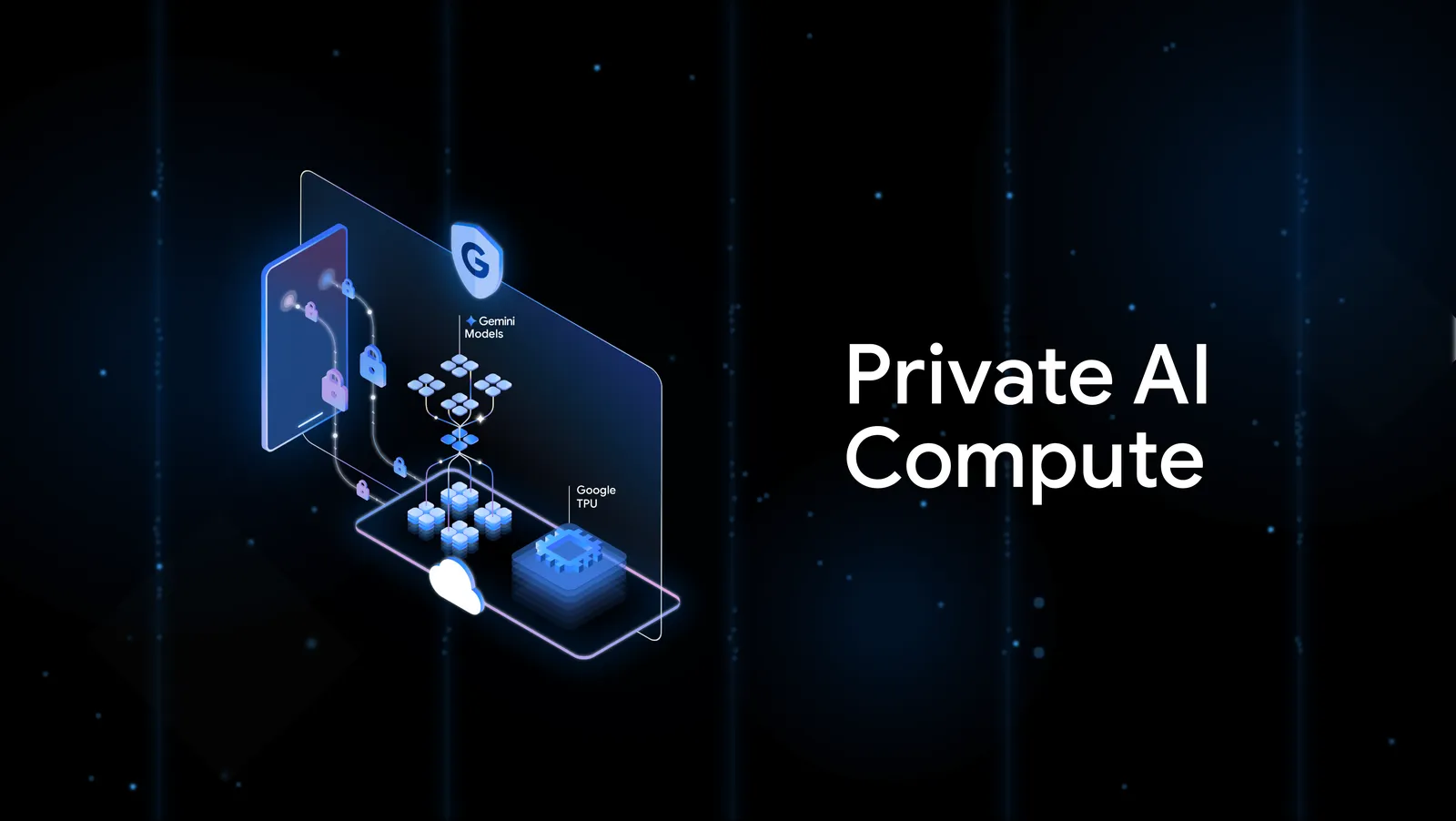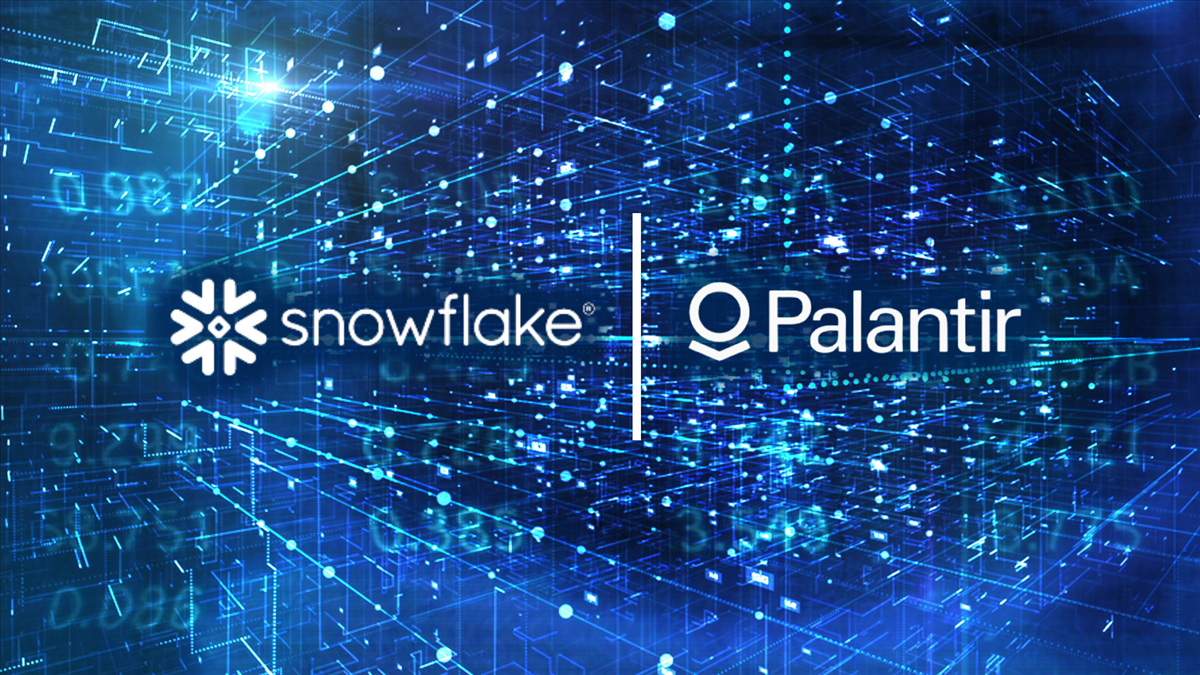Copyright Android Headlines

Generative AI continues to tirelessly demand massive processing power. Meanwhile, companies are struggling with how to utilize the largest, most capable models without compromising user privacy. Google’s latest answer is Private AI Compute, a new cloud-based system that aims to deliver advanced AI experiences while maintaining the rigorous data security typically associated with on-device processing. This framework is Google’s answer to a crucial challenge. It aims to enable devices to tap into the power of its largest Gemini models, protecting your privacy. That is, without sending raw, identifiable personal data out into the open cloud. New Google Private AI Compute takes on cloud privacy Gemini models far exceed the capacity of a phone’s local hardware. So, they can enable much more advanced features. Essentially, Google claims this system offers the performance of its massive servers with the “same security and privacy assurances” users expect from processing handled locally on their device. The foundation of Private AI Compute is Google’s custom Tensor Processing Units (TPUs). These chips use integrated secure elements, known as Titanium Intelligence Enclaves (TIEs). This forms a protected, isolated space on Google’s servers. Devices connect directly to this fortified environment via encrypted channels. The system is designed to isolate the memory from the host, meaning Google’s own engineers or administrators theoretically cannot access the raw user data being processed. Independent analysis reportedly confirms that this new environment meets Google’s strict privacy guidelines. The initial rollout will see Private AI Compute powering enhanced AI features on Pixel devices. As usual, it will start with the latest Google Pixel 10, Pixel 10 Pro, Pixel 10 Pro XL, and Pixel 10 Pro Fold. For instance, the system will boost Magic Cue, an AI assistant that delivers contextually aware suggestions based on screen activity and personal data. Additionally, the Recorder app will leverage the secure cloud to expand its transcription summarization capabilities to include a wider range of languages. These features require the computational muscle of the larger Gemini models, making the cloud solution necessary. Advantages of cloud AI with local processing privacy Devices running smaller models like Gemini Nano on the device’s local Neural Processing Unit (NPU) offer superior latency and reliability without an internet connection. However, they cannot handle the most complex tasks. That’s one of the biggest hurdles Apple has encountered in its AI implementation. But now, Google’s Private AI Compute aims to overcome this limitation. It represents a hybrid approach where the device handles simple tasks and the secured cloud takes on the heavy lifting.



